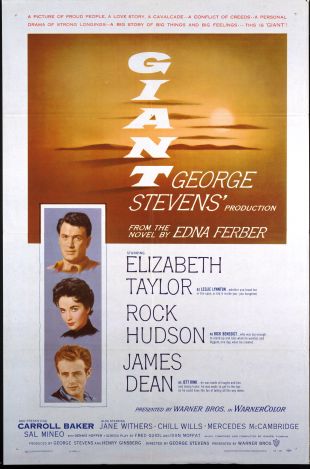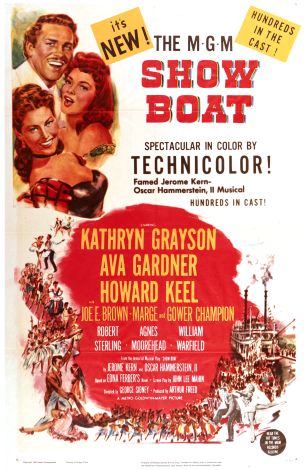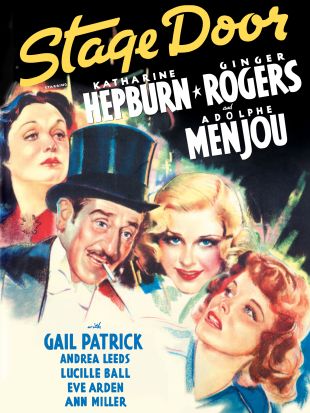Edna Ferber was probably the most respected and widely read woman author of the 20th century, and ranks among the most influential female novelists in history. Her books, which often told large, sweeping stories across a great historical arc from the standpoint of ordinary men and women, sold in the millions, while the plays adapted from them enjoyed long runs and the films adapted from them were among the most successful of their respective eras. Ferber was born to a Jewish family in Kalamazoo, MI, in 1885, the daughter of Jacob Charles Ferber and the former Julia Neumann. She intended to study at Northwestern University, but was forced instead to take a job as a reporter on the Appleton Daily Crescent in Wisconsin, and later went to work for the Milwaukee Journal. It was this early career in journalism that allowed Ferber to perfect her observer's eye for the small details of people's lives and the psychology that motivated them, which she put into the service of her fiction later on, as well as bringing her into close contact with the working men and women who populated her books.
It was anemia, developed out of her exhaustion from overwork as a reporter, that brought Ferber to the writing of fiction. She decided to try it while convalescing and ended up with a short story entitled Dawn O'Hara, which she sold to a magazine almost immediately. That marked the end of her career as a reporter -- from that day forward, she wrote short stories, novels, and plays. Ferber first achieved fame with a series of stories about Emma McChesney, a traveling saleswoman selling underskirts, which eventually ran to more than 30 installments because of its popularity. It was those stories for which, to her embarrassment, President Theodore Roosevelt remembered her when the two met in 1904 at the Republican National Convention. Her works also tended to yield other, even more significant works, on occasion -- it was while in New London, CT, at a tryout of the play Minnick that the producer Winthrop Ames wryly suggested hiring a show boat, which led her to ask what a show boat was, which led her to the then still extant world of show boats working the southern and border states, and resulted in the novel Show Boat (1926). Similarly, it was during a visit with William Allen White that she heard of the Oklahoma and Indian territories, and the opening of the West, which led her to write Cimarron. Show Boat, of course, became the groundbreaking (indeed, one might say, defining) musicals by Jerome Kern, which was later successfully filmed twice, once in 1936 and again in 1951, with an abridged (sort of "Cliff Notes") version slotted into the 1946 Kern biopic Till the Clouds Roll By, as well. Cimarron was also filmed twice during her lifetime, and a few of her stories, such as So Big -- which dealt with life on a truck farm near Chicago -- were filmed three times, counting early silent versions.
Additionally, Ferber enjoyed much success as a theater writer, principally in collaboration with George S. Kaufman, and plays such as Stage Door and Dinner at Eight, which became major motion pictures as well (Dinner at Eight was also revived on-stage in New York in 2003). What's more, her popularity never waned -- Ferber's book Giant, telling of the state of Texas and how it changed across the 20th century, was published in 1952, a half century into her career, and sold three million copies, as well as generating the George Stevens movie Giant (1956), which is perhaps the best known film to be derived directly from one of Ferber's books. Ironically, when it first appeared, the political powers in Texas resented the book, believing that it showed too many negatives about the state, but the movie was so popular there, and its Dimitri Tiomkin score was so appealing, that the title music was adopted by the legislature as the state song. Ice Palace came from this same late period, published in 1958 and dealing with Alaska, and it was filmed in 1960 in an epic production, running 143 minutes and starring Richard Burton and Robert Ryan. Regarded as the greatest American woman novelist of the 1920s and 1930s, Ferber almost outlived her fame -- by the time of her death in 1968, she was a literary institution. Though there have been no fresh adaptations of her work in the decades since -- and the owners of the most recent film version of So Big even declined to renew the underlying literary rights to that property -- works such as Dinner at Eight, Show Boat, and Giant continue to exert a very strong pull on audiences more than a century after Ferber's birth.


